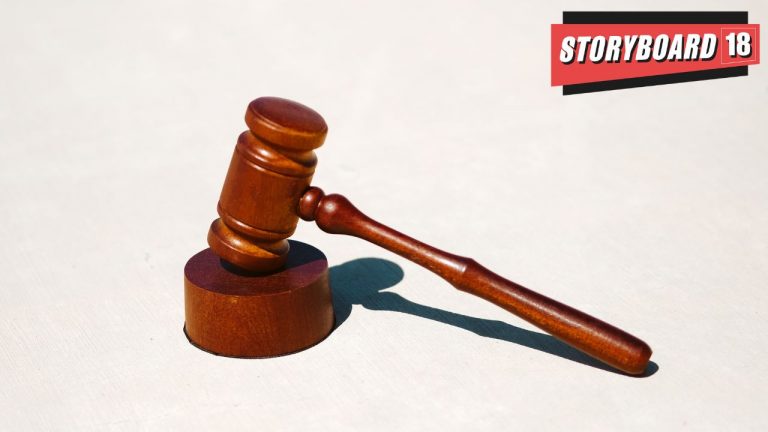In a bid to win celebrity rights, the Delhi High Court recently ruled in favor of actor Jackie Shroff. The May 15 ruling recognized his “moral rights,” meaning he can legally control how his name, image, voice and other unique characteristics are used. means. This prevents unauthorized use for commercial purposes. This follows a similar incident two years ago involving Amitabh Bachchan. This trend highlights a growing concern among celebrities about protecting their public image from exploitation.
What are moral rights?
“Protecting a person's reputation and personal identity is the primary purpose of moral rights, also known as rights of publicity. and how it is used,” said Shashank Agarwal, a bench of the Delhi High Court.
This regulation covers advertising, commerce, endorsement, and defamation protection. In the context of intellectual property, “moral rights” refer to the legal rights that people have over certain aspects of their own identity, persona, and public persona. These rights are different from more traditional forms of intellectual property rights, such as copyrights, trademarks, and patents, which are primarily used to protect commercial or creative works. Protecting an individual's reputation and sense of self is the primary purpose of moral rights.
Indian courts have used existing intellectual property laws to protect certain aspects of personality rights: for example, names, signatures and trademarks were protected; talent performances were copyrighted;
“The law that comes closest to protecting individual rights in India is Article 21 of the Indian Constitution. However, Indian courts have also applied copyright and trademark provisions to grant protection to certain aspects. The Copyright Act, 1957, Personality/Rights of Publicity and Trademarks Act are laws that protect the identity of celebrities,” Agarwal added.
Typical violations in these cases include fraudulent use of likeness, where someone's photo or likeness is used for business operations without that person's consent. This also applies to photography, film, and any other type of representation. There is also the misuse of names and identities. This occurs when someone's name, voice, or signature is used in a commercial or product without their permission. Also, when someone hints that they support a product or service, but it is done without their consent, it can mislead the public and damage their reputation. There is also the possibility of a false recommendation incident.
Commercial exploitation is also a key offense and involves the unauthorized use of a person's distinctive characteristics, such as catchphrases, mannerisms, or other distinguishing features, to make money.
Finally, defamation involves making false claims that damage someone's reputation and can indirectly adversely affect their right to privacy.
In addition to the Copyright Act of 1957 and the Trademark Act of 1999, celebrities also have other legal recourse.
In the Jackie Shroff case, there were 18 defendants, all of whom used his name, famous words, images, and animations in different ways. Shroff has registered his name, word and logo under intellectual property laws, including trademark and copyright.
Apart from courts issuing orders prohibiting the unauthorised use of their name, image and likeness, celebrities like Shroff can also seek damages for financial loss and damage to their reputation caused by the breach. The court can also order the violator to hand over any profits gained from the unauthorised use. Another remedy available is corrective advertisement, which requires the violator to make a public correction or explanation in cases of false advertising.
Imitation is no longer a form of flattery, says Subhash Bhutria, founder and director of LAW SB, a boutique law firm that covers Indian courts.
“The recent trend of treating moral rights related disputes as commercial issues has significantly shifted the scope from criminal offences like passing off and fraud to passing off and infringement of moral rights. This trend of deliberately superimposing trademark law on copyright has created new precedents and led India, being a common law country, to frame its laws in terms of intellectual property rights infringement,” he said.
Personality rights are not defined in any law. However, a broader understanding pertains to celebrity names, including nicknames, likenesses and images. Names can be trademarked if they are used in the course of trade and business relating to specific goods or services. Images are subject to copyright and likenesses come within the ambit of crimes relating to impersonation. Since the parameters of trademark, copyright or criminal offences are clearly defined, the key is how these aspects of personality can give rise to valid causes of action under current laws.
“Measures such as impersonation and provisions under the Information Technology Act, 2000 provide further protection against identity theft and disclosure of personal information.India's celebrities are required to protect their identities from unauthorized commercial exploitation. By leveraging constitutional rights, trademark registration, copyright law, and information technology law, you can effectively protect your personality from abuse for financial gain. ” said Kirti Vyas, Associate at ASL Partners.

